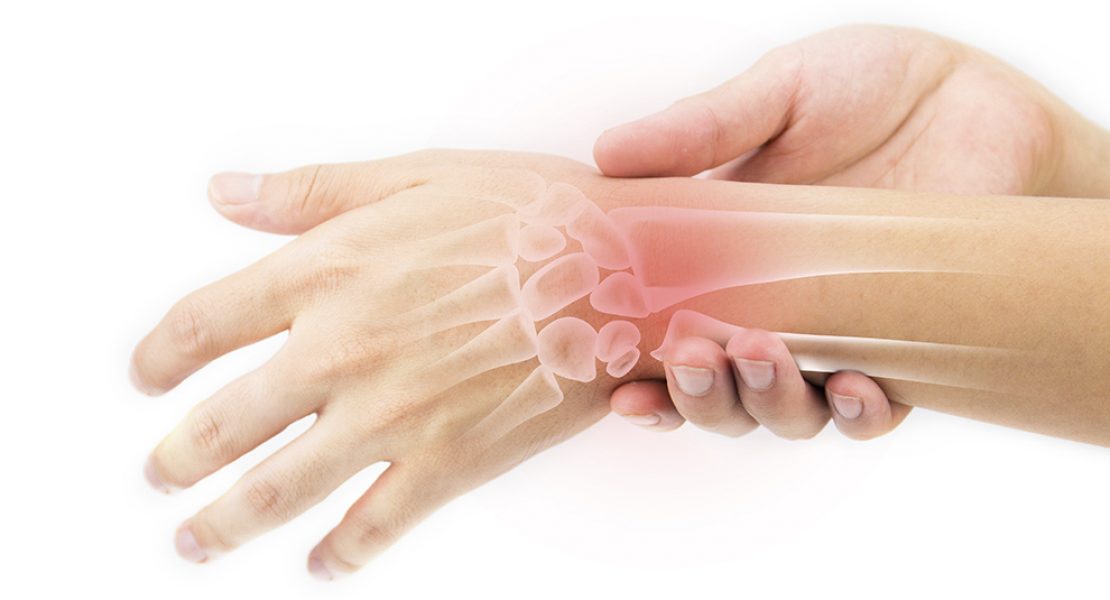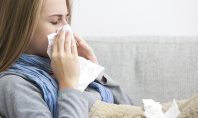5 Surprising Facts About Rheumatoid Arthritis

Although osteoarthritis (OA) and rheumatoid arthritis (RA) both involve stiff, painful joints, the two diseases are hardly the same. While OA generally damages just cartilage in your joints, RA can affect many body systems. Here are a few other facts about RA that might surprise you.
MOVEMENT HELPS
“Patients with RA tend to feel better when they stay active,” says Emily Keeler, DO, a rheumatologist with St. Luke’s Rheumatology Associates. That can include simple activities like walking or a light cardio routine. And, because warmth makes joints feel better, exercising in a warm-water pool can be beneficial.
IT DISCRIMINATES
RA can strike anyone, at any age, but it’s most commonly found in women between the ages of 25 and 50. In fact, women with RA outnumber men by a ratio of three-to-one.
IT CAN AFFECT MORE THAN YOUR JOINTS
“Many people think rheumatoid arthritis is a joint disease, but it’s really systemic,” Dr. Keeler says. Because RA is an autoimmune disorder, it can cause inflammation throughout the body, affecting eyes, lungs, skin, and other organs.
IT’S TREATABLE, BUT NOT CURABLE
“The goal is remission,” Dr. Keeler says, which is indicated by a substantial reduction of symptoms. “Fortunately, we have several medications that we can use, especially those that suppress the immune system. Because those drugs can take a while to become effective, we often use nonsteroidal anti-inflammatory drugs to ‘bridge’ that time-lapse.” An anti-inflammatory diet rich in whole, minimally processed foods may also help.
IT’S GOOD TO KICK BUTTS
RA can be triggered by viruses, bacteria, physical trauma, hormones, or even emotional stress, but you can reduce your likelihood of developing the disease simply by not smoking. A study published in Arthritis Research and Therapy noted that women more than double their risk of developing RA by puffing away every day.
If you’re diagnosed with rheumatoid arthritis, Dr. Keeler offers some simple advice: “Treat it as early as you can. The sooner you start, the better your chances for remission.”























